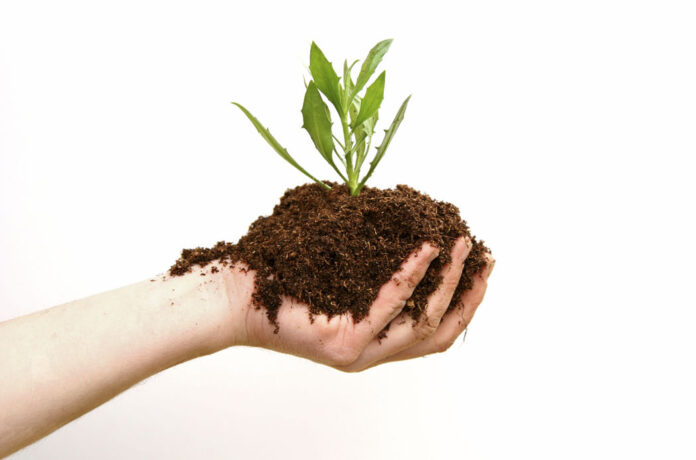BY LAUREN OLBETER
Organic gardening means gardening without using synthetic pesticides, herbicides, or fertilizers. It does not mean leaving everything to chance and using no products at all. In fact, as an organic gardener, the more assertive the better!
There are many practices and many USDA approved and Texas Department of Agriculture approved products ready to help defend against the bugs and weeds that plaque gardens.
The idea is to use a comprehensive approach to protection rather than using “one size fits all” chemicals that may do more than you want it to. You can learn before-planting practices and after-planting practices that can be employed to stop problems before they ever start, as well as which methods and products you can turn to when hungry bugs and nutrient mooching weeds show up.
As they say, an ounce of prevention is worth a pound of cure.
Prevent the spread of viral and fungal diseases with sanitation practices. Use a wire brush or running water to clean tools, stakes, or trellises before using them again.
You can even use a 1/10, bleach/water dip for spades and shears if you know you’ve encountered some microbial beasties.
Send infected debris to the trashcan or burn pile rather than the compost ben when plants have fallen prey to a viral disease.
You will know that is the case when you see mosaic shaped blotches or sharp edges to yellow spots, basically, any oddity than can only have occurred from within rather than an outside source.
Plan to rotate crops in your vegetable garden. Just moving a crop five feet over will separate it from the disease and/or bad nematodes that may lie in the soil from the prior year. What harms brassica vegetables will likely not bother a root crop. You may also want to consider staking, caging, or trellising to reduce rot as well as save space.
Also, remember that moisture spreads spores of diseases from one plant to another, so weed, sucker plants, and pick produce while dry.
Knowing your garden and what challenges face your selection of herbs, vegetables, or ornamentals is the key to planning adequate, organic pest management and properly preparing the soil.
Know what pH level and specific nutrients your plants grow best with and select compost types accordingly.
Once your garden is growing, check for signs of trouble daily so that you can address any malady before it is beyond control.
Be aggressive, don’t let the problem worsen, find the name of the cause by checking with your local extension office or simply using search engines.
Once you have identified the culprit, you can find a matching remedy that will help your garden continue to thrive.
– http://aggie-horticulture.tamu.edu/smallacreage/webinars/
– www.conserve-energy-future.com/organicGardening
– http://aggie-horticulture.tamu.edu/vegetable/problem-solvers/




